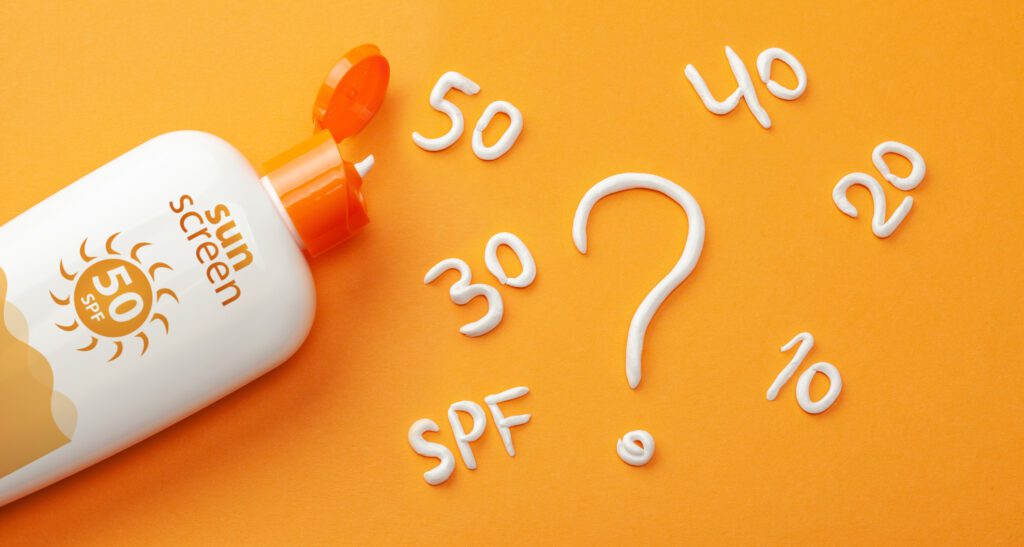April 2, 2024
Sunscreen Science
DIY Experiment with Charlotte Eye Ear Nose & Throat Associates, P.A.

Spring has sprung, and as the weather heats up, many people start heading outdoors to get a healthy dose of vitamin D. But what turns that “healthy” dose “unhealthy,” and what should we be doing to protect our largest organ from damage due to the sun’s ultraviolet (UV) rays?
Epidermis, Dermis and Hypodermis
The skin is our largest organ and comprises much more than we can see outside. The outer layer of the skin, the epidermis, contains the cells that create the color of our skin and has pores for sweat, oil and hair follicles.
The sweat and oil glands are anchored in the second layer, called the dermis. This layer contains blood vessels and bundles of nerves that carry temperature, pressure and pain sensations to the brain.
Finally, the deepest layer, known as the hypodermis, mainly comprises fat and connective tissue that anchors the skin and helps keep us warm.
What Does Skin Do?
Skin does a lot for the body: It is the first line of defense against bacteria and helps maintain body temperature and water levels. That’s why it’s so important to take good care of it!
“Vitamin C helps your skin in several ways. It stimulates the skin to produce more collagen, giving your skin a more supple and even appearance,” said Dr. Catherine Cuite, an oculoplastic surgeon with Charlotte Eye Ear Nose & Throat Associates, P.A. “Vitamin C is also an antioxidant that protects skin from free radical damage.”
Our skin is also the first line of defense against UV radiation emitted by the sun, which delivers lots of energy to Earth.
While some of the radiation is blocked from reaching the surface by the ozone layer, the rest strikes Earth’s surface and provides heat.
A little UV stimulates the body’s production of vitamin D, but too much can damage the DNA inside skin cells, leading to rapid cellular aging and even cancer.
“UV rays cause the skin to lose elasticity, which in turn leads to the development of fine lines and wrinkles,” said Dr. Neela Rao, a facial plastic surgeon with Charlotte Eye Ear Nose & Throat Associates, P.A. “In addition, time in the sun without proper hydration can dry the skin and make any existing fine lines look more prominent.”
Sunscreen Science
Regardless of pigmentation, all skin requires protection from UV rays! This is where sunscreen can play an important role in our daily routine.
Discovery Place teamed up with local partner Charlotte Eye Ear Nose & Throat Associates, P.A., for an experiment you can do at home that reveals how sunscreen shields the skin from UV rays.
Download this activity sheet and learn more about sunscreen science!